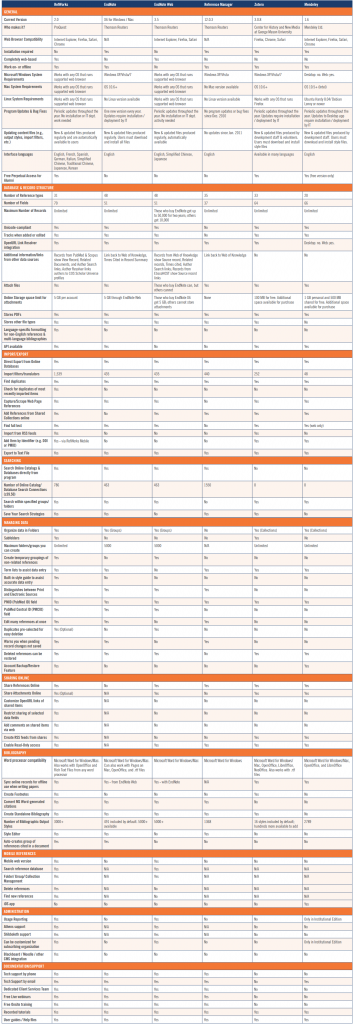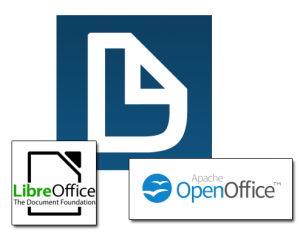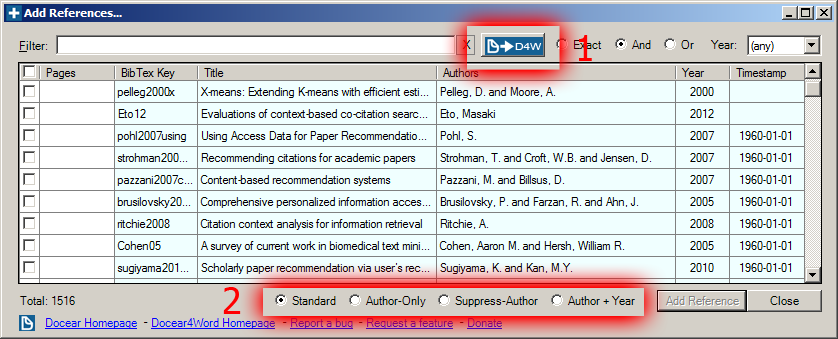We are glad to announce that we, again, will offer a paid internship in cooperation with the German Academic Exchange service (DAAD). If you are an undergraduate student, interested in software engineering or statistics, and coming from the Greece, Italy, Portugal, or Spain, get yourself started and do an 8-12 weeks internship in summer or autumn 2013, fully paid. And if you are not applicable to apply for the internship – please tell your friends to apply! 🙂
Your project
Your research question to answer will be “How to provide (better) research paper recommendations to our users?”. As such, it will be your task to support the Docear team in researching how the interests of Docear’s users can be identified from the users’ mind maps and how these interests can be matched with interesting items to recommend. You will do literature research, create new ideas, analyze user data, and implement new recommendation approaches in JAVA. Of course, you don’t have to do all of this alone – you will be closely cooperating with the Docear team. Your work will be integrated into Docear and used by thousands of researchers around the world. If your work is outstanding, we will write a research paper with you.
Requirements
You should have a profound knowledge of the programming language JAVA. Knowledge in statistics, machine learning, other programming languages (especially C/++ or Python) and/or MySQL, neo4j, Hibernate, Jersey, REST Web Services, Tomcat, and Apache is a plus, but not a requirement. Of course, we would appreciate if you spoke German but it would be no problem if you only spoke English. We would prefer, if you apply for a long internship (12 weeks) but you can also apply for a shorter internship. If you are interested in combining your internship with writing a Bachelor thesis, please let us know in advance (this would be highly welcome). You can start at any date you want in summer or autumn 2013.
Important: If you don’t want to program but have profound knowledge in statistics you are also very welcome to apply. In this case you will support us evaluating how good our current recommender system is, and you will help us generating ideas for improvements. Please indicate in your application clearly that you are not interested in software development but in statistics.
(more…)

 A few months ago we released
A few months ago we released 

